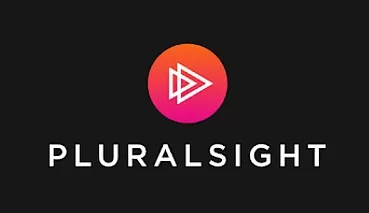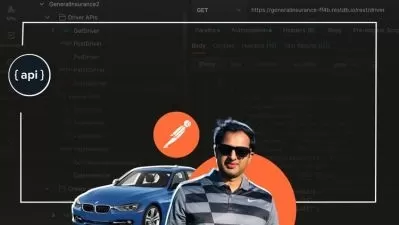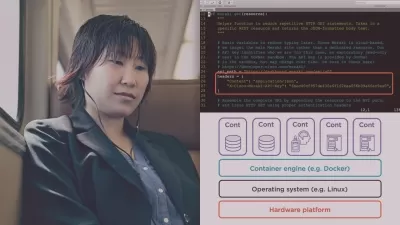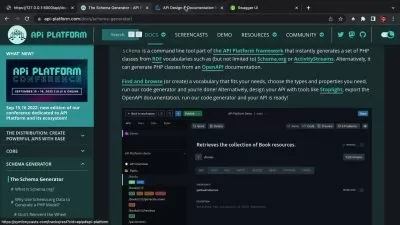API Testing an Application with Karate
Nertil Poci
2:16:27
Description
This course will teach you how to test your API’s using Karate, a user-friendly, open-source framework for API testing that simplifies the validation of RESTful APIs with its expressive syntax and comprehensive features.
What You'll Learn?
In this course, API Testing an Application with Karate, you’ll learn how to test APIs using the Karate Framework. First, you'll start by setting up your environment for your API and the Karate framework. Next, you'll learn how to create basic test cases for the API endpoints for testing response results as well as error handling. After you have created some basic tests, you'll learn how to create data driven tests for more advanced testing scenarios as well as perform database validation to check the integrity of the data after performing requests. Then, you’ll learn how to integrate Karate with your CI/CD pipelines for automated testing on each build of the API. Finally, you’ll learn some of the best practices for creating test suites using the Karate Framework, how to handle test data properly, implement logging, documentation, and versioning for your tests. When you're finished with this course, you'll have the skills and knowledge of Karate to test APIs using the Karate framework.
More details
User Reviews
Rating
Nertil Poci
Instructor's Courses
Pluralsight
View courses Pluralsight- language english
- Training sessions 37
- duration 2:16:27
- level average
- English subtitles has
- Release Date 2023/09/10















